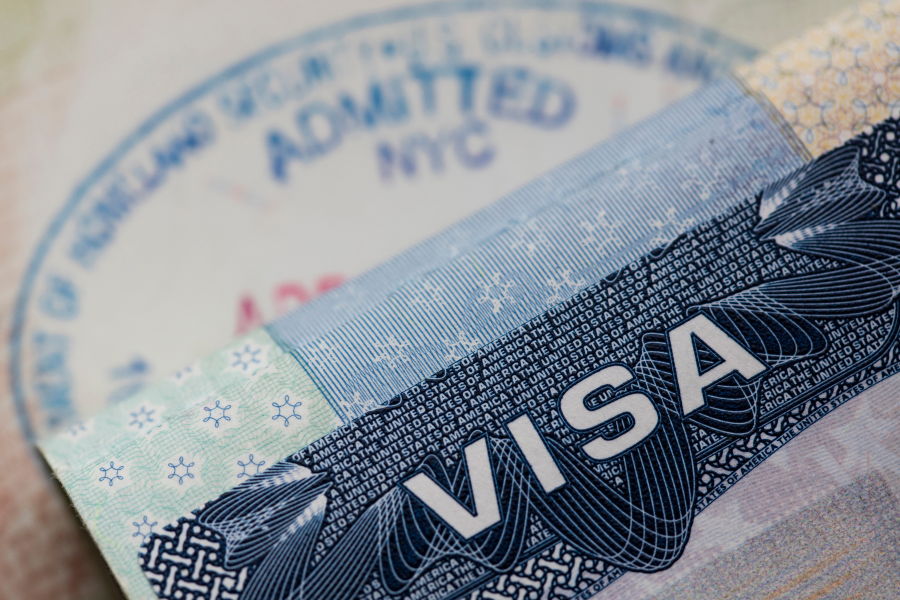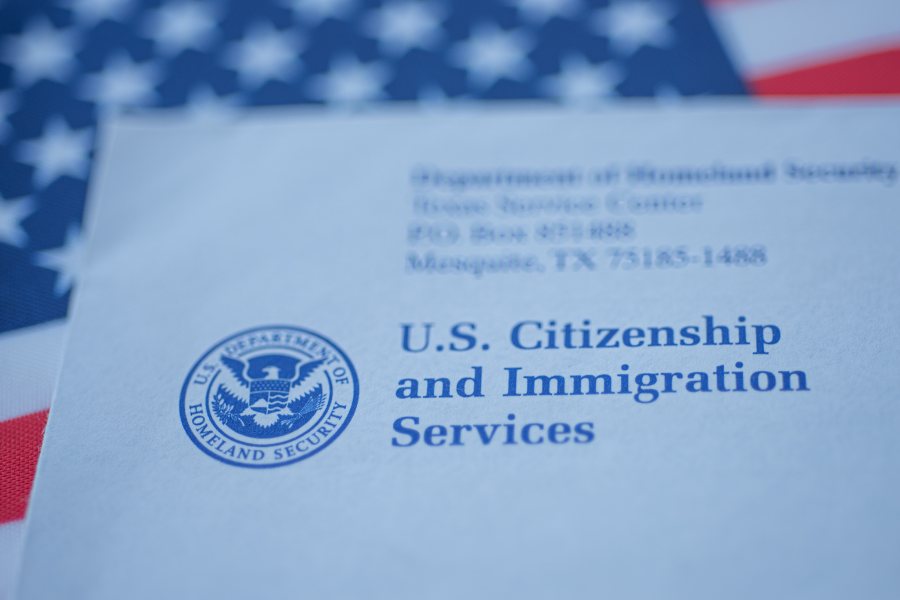On Wednesday, September 30, the President signed into law the Emergency Stopgap USCIS Stabilization Act, which expands the types of cases eligible for Premium Processing and increases Premium Processing fees. Premium Processing is an optional service offered by the U.S. Citizenship and Immigration Service (USCIS) that guarantees a government response to certain immigration petitions within fifteen calendar days. The service has been available for the processing of many nonimmigrant visa types, such as H-1B, L-1, TN, O-1, P-1; and some immigrant visa categories, such as Extraordinary Ability Aliens, Outstanding Professor/Researcher, and petitions based on approved Labor Certification (PERM) petitions. Notably, however, Premium Processing has not been available to immigrant petitions for multinational managers, National Interest Waiver petitions, E-3 Petitions for Australian Citizens, Employment Authorization Documents, or Changes/Extensions of Status. Until now, the Premium Processing fee has been $1,440.00. However, as of Monday, October 19, Premium Processing fees will increase (depending based on visa type), and processing times will also increase by up-to-30 days. In addition, the types of visas eligible for Premium Processing will also be expanded.
Starting October 19, 2020, the fee for Premium Processing, will be $2,500 (previously $1,440) for all filings except those requesting H-2B (non-agricultural seasonal worker) or R-1 (Religious Worker) status, for which the new fee is $1,500 (previously $1,440).Any filings post-marked on or after October 19th must include the new fee amount. Any Form-1-907 postmarked on or after October 19th with the incorrect fee amount will be rejected and the fee returned.
Expansion of eligible case types eligible for Premium Processing
The new law also authorizes the Department of Homeland Security (DHS) to expand the categories of eligible application types to include the following categories of petitions not previously eligible for Premium Processing service, though as of publication, DHS has not yet taken that action:
- Applications for dependents of the beneficiaries of employment-based nonimmigrant petitions (Form I-129) petitions;
- Employment-based immigrant petitions (Form I-140) filed by or on behalf of individuals in EB-1 multinational managers and EB-2 national interest waiver filings and filings for physicians working in a physician shortage area or veterans facility;
- Applications to change or extend nonimmigrant status (filed on Form I-539);
- Applications for employment authorization (filed on Form I-765); and
- “any other immigration benefit type that the Secretary deems appropriate for premium processing.”
Besides modifying the Premium Processing program, the Emergency Stopgap USCIS Stabilization Act also requires DHS within 180 days to provide Congress with a detailed 5-year plan to:
(1) Establish electronic filing procedures for all applications and petitions for immigration benefits.
(2) Accept electronic payment of fees at all filing locations.
(3) Issue correspondence, including decisions, requests for evidence, and notices of intent to deny, to immigration benefit requestors electronically.
(4) Improve processing times for all immigration and naturalization benefit requests.
We will keep our readers updated as USCIS implements these new measures. For additional information about the new Premium Processing fee program, please contact the attorneys at Green & Spiegel, LLC at (215) 395-8959.



